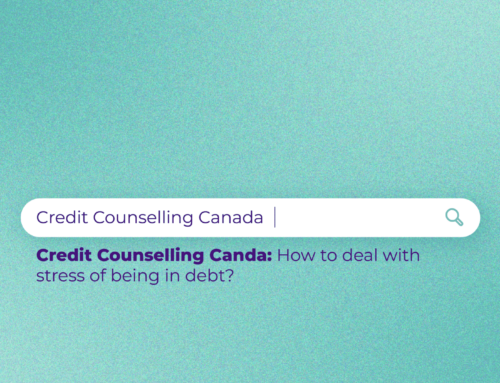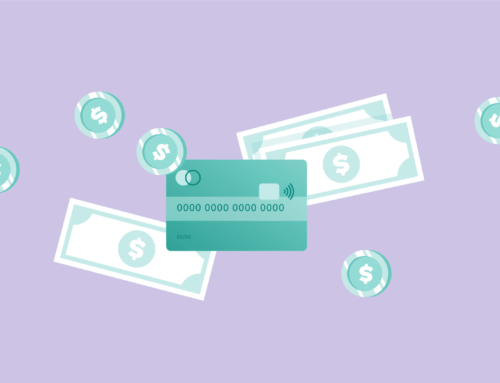How well did you sleep last night? If being in debt is something new for you, then maybe some tossing and turning occurred, but if your debt is overwhelming, sleep without the use of ‘a little something’ may be eluding you. Without sleep, our brains get exhausted and we fall prey to quick fixes that promise to take away the symptom but not the underlying cause – your debt.
When debt gets out of hand, and you find yourself in a position of not being able to repay what you owe, your health will be the first to suffer. Extra hours at work or finding a second or third job may be able to hold bankruptcy at bay, but what effect will it have on your relationship with family, friends and those closest to you?
The negative impact of debt affects us not only financially but emotionally. Study after study shows that debt from credit cards, loans (personal, vehicle, mortgage, student, co-signed) and other obligations, have a very negative impact on how we view ourselves and we question our value to those closest to us and to society in general.
Last July 2015, a new study in the Journal of Financial Therapy reported that in 2012 the average graduating senior owed almost $30K in student loans and that debt was shown to be a barrier to owning a home. Add to that a car, living expenses, a family, travel and the load gets heavy really fast.
Many people will struggle with the issue silently and self-medicate with alcohol, illegal drugs or seek out prescription help; some will rage and blame everyone but themselves, while others will start living in fear of the getting the mail, answering the phone or opening the door. Subsequently this will lead to poor job performance and possibly losing the job that is barely keeping everything afloat.
The negative effects that come with the inability to cover your obligations are:
- Wage Garnishment
- Eviction / Foreclosure
- Consumer Proposal / Bankruptcy
- Divorce
Some common psychological and emotional issues that are associated with debt are:
- Depression / Anxiety
- Resentment
- Stress
- Anger and Regret
- Shame / Embarrassment
- Self Harm / Suicidal Thoughts
The relationship between stress and debt has been studied for decades and WebMD warns that debt-related stress is 14% higher in 2008 than in 2004, and in 2007, 73% of those polled cited ‘money’ as a significant source of stress in their lives. Fast forward to 2016 and imagine the burden people are carrying both financially and emotionally.
Avoiding the emotional and physical stress of debilitating credit card debt can be as ‘convenient’ as doing a consumer proposal or bankruptcy, if you can handle the emotional consequences and the repayment requirements. Unfortunately these two options will not deal with your secured debt, such as a mortgage, secured car loan or leases and the total debt owed cannot be over $250K or include a mortgage.
Asking for help to fix your financial situation brought on by debt, is the first step in the right direction of taking your life back and allowing yourself to sleep through the night, once again.
Helen Siwak is Editor-in-Chief of BLUSHVancouver & EcoLuvLux Lifestyle Blog | Lifestyle contributor to Daily Hive (VancityBuzz) | West Coast contributor to Retail-Insider | contributing writer for Marble Financial.






